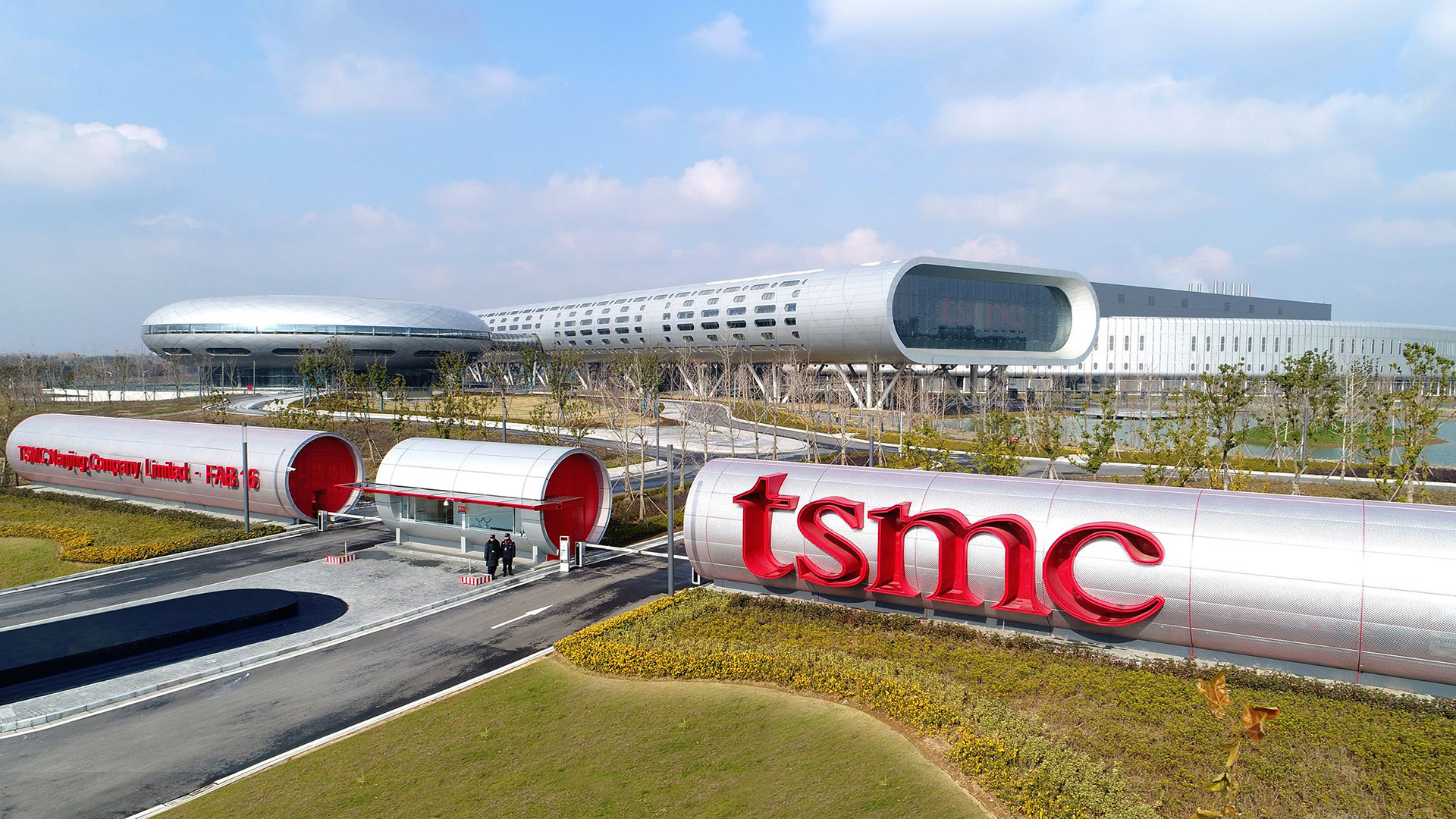
The Biden Administration is set to extent current restrictions on chipmakers looking to expand and maintain business in China. That means the chip giants TSMC and Samsung will be given free reign to improve fab capacity without the US government jumping on their case.
Semiconductor manufacturing has been a bit of a hellscape of late, with the US threatening a ten year ban to any company receiving funding as part of the CHIPS and Science act. Along with recent US export-control policy restrictions, things have been difficult. Now, according to the Wall Street Journal, the Biden Admin plans to extend exemptions from the US export-control policy currently restricting chip trade between the US and China.
Last October, chip giants TSMC and Samsung were issued exemptions that helped to limit the effects of the the control policy on business. These exemptions were due to run out in October this year, but reports say they will now be extending for the foreseeable future.
Last week, the undersecretary of commerce for industry and security, Alan Estevez, spoke to the Semiconductor Industry Association about the government's plans to extend the exemptions indefinitely. Whether the exemptions will ever extend to other companies is unclear.
Last year, TSMC founder Morris Chang spoke of the many issues that the US faces in rebuilding its domestic chip manufacturing industry, calling the restrictions "a very expensive exercise in futility".
Republican senator Marco Rubio is one speaking out against the export control exemptions, believing in the importance of strengthening the US controls over technology export. In a letter to Secretary Gina Raimondo, he writes "Companies are hard at work to weaken and circumvent the rule’s export controls."

Best CPU for gaming: The top chips from Intel and AMD
Best gaming motherboard: The right boards
Best graphics card: Your perfect pixel-pusher awaits
Best SSD for gaming: Get into the game ahead of the rest
Former US-China Economic and Security Review commissioner, and senior fellow at the American Enterprise Institute, Derek Scissors, furthers the argument. "You look very weak", and "can’t control technology when two huge firms get to do whatever they want".
With the chip making industry so spread across the globe, it's easy to see how exemptions from the US export-control policy might be beneficial to the industry as a whole. Though whether the loosening of restrictions for only certain companies is fair remains a point of contention in the industry.







